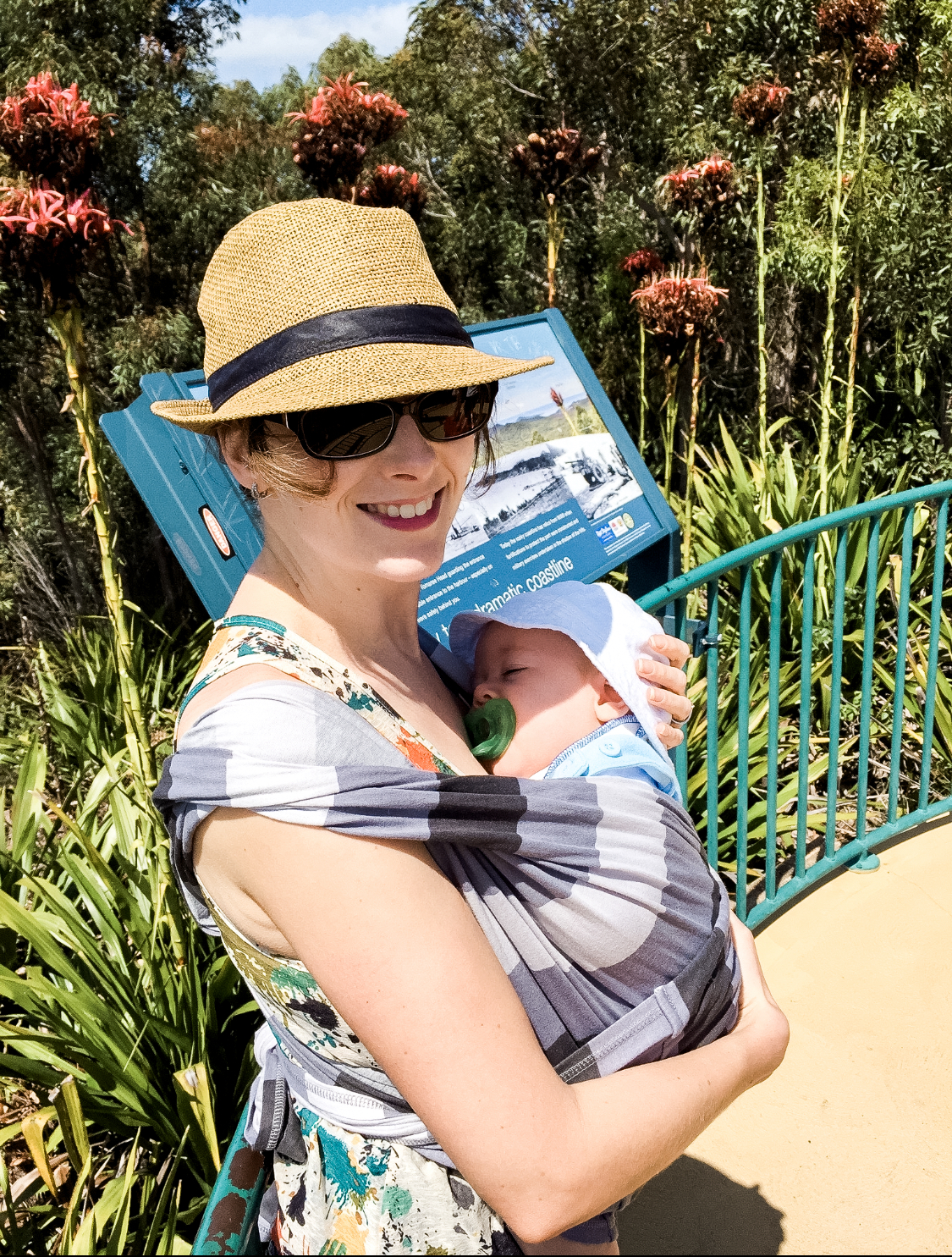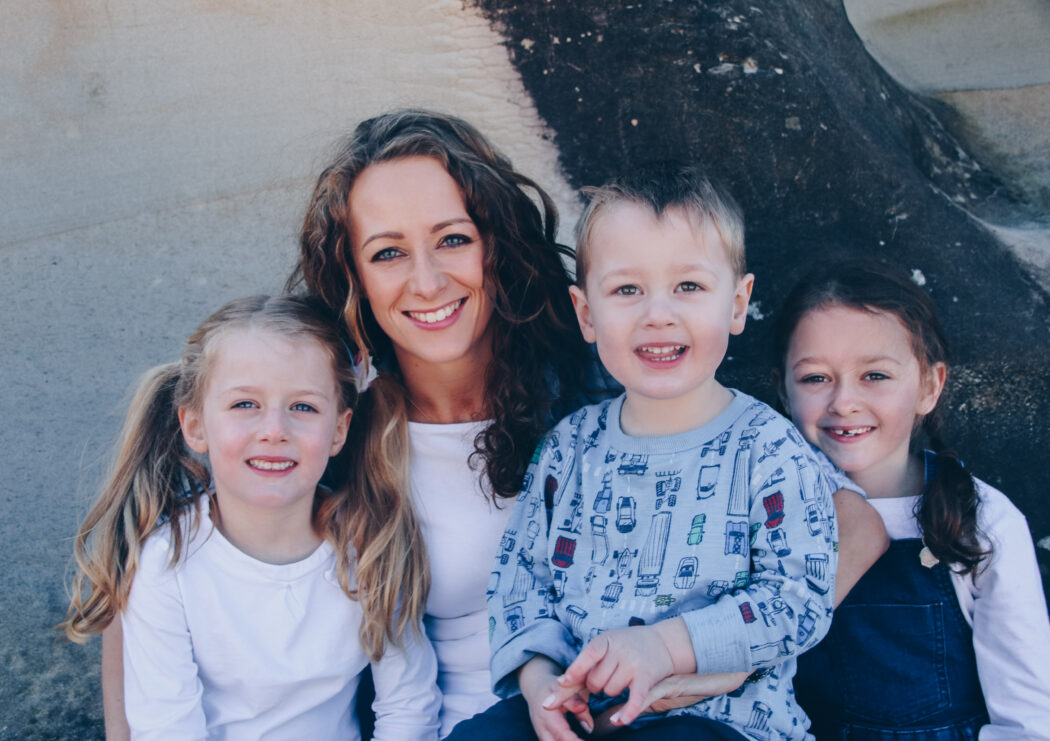When I was pregnant with my first baby, over twelve years ago, strangers would come up to me, pat my baby bump and say, ‘Oh, is it your first? How special!’. They had a misty far-away look in their eyes. No one told me the truth. The truth was that I was about to undergo a monumental change and I wouldn’t ever be the same again.
This transition happens to all mothers — biological, surrogate or adoptive — in a developmental stage is akin to adolescence known as ‘Matrescence’. This process affects biological, social and psychological development and can last for years, or even decades.
The term ‘Matrescence’ was first coined by anthropologist Dana Raphael, PhD, in 1973, but I didn’t hear about it until I chose to specialise in motherhood.

This is a problem because most mothers feel overwhelmed by the magnitude of parenting and uncomfortable with the changes it brings to almost every aspect of life. Not only does the female body undergo physical and hormonal changes which can feel like puberty all over again, but becoming a mother impacts relationships with partners and friends and maintaining a social life or even running errands suddenly becomes a lot more challenging.
Matrescence should not be confused with postnatal depression, but it is a significant emotional shift which many mothers are simply unprepared for. I’m sure all mums remember the endless first weeks of motherhood where you feel completely in love with your newborn and simultaneously completely awed that the world still continues although you’ve just experienced this monumental event.
I vividly remember feeling a huge sense of achievement at getting out the door when my youngest was just six- weeks old.
Timing feeds, nappy changes and making myself look vaguely presentable to be on time for a baby massage session required some next-level planning. The thought of going out for drinks with friends or for a meal with my husband just seemed completely at odds with my new life and how I felt about myself. I just couldn’t rationalise the pre-baby me with this new post-baby me. Me as a mum. Over the years, the pre-baby me just seemed to dissolve as I assumed the identity of ‘mum’. Now, I feel like the ‘real’ me is buried.
Mum of three, Sarah, says, ‘I just completely lost my sense of identity when I had children. I never really got any time to myself to just be ‘me’ anyway, so I didn’t really notice it until my kids started school’. Nicola chose to have children later in life and found the balance between her work-life and home-life almost impossible to reconcile,
‘I was either house-wife and mum, or corporate executive and those two parts of me felt completely disconnected. I do love both of those roles but I’m more than just that. The ‘real’ me just got lost in the noise’.
The truth is, we all evolve as time goes on. Being a mum will always be part of your identity, but it doesn’t have to be all of it. Here’s what to do when you feel lost in motherhood:
1. Schedule time for yourself

And I do mean literally schedule in that time. Put it in your calendar like it’s an appointment or a class for your child. The amount of time and what you choose to do is up to you, but I suggest an hour every week where you can completely disconnect from motherhood. Go out of the house. Read a book, enjoy a coffee, go for a run — just do something entirely for yourself. You’ll feel better afterwards, I promise.
2. Set morning and evening routines

You probably have some sort of morning or bedtime routine for your children, but do you have one for yourself?
Small daily rituals can help you feel more in control of your life and help ease the pressure of a busy schedule. It might seem counterintuitive to ask you to introduce more into a packed lifestyle but a little bit of self-care can go a long way.Ideally, get up before the children are awake. Drink water, enjoy a cup of tea, read or meditate and you will find yourself more capable of tackling the morning rush.
In the evening, do something similar to wind down. Meditation and journaling are proven to be good for mental health and they are great tools to connect back in to ‘you’. Bonus points if you can look over your schedule for the following day and prepare.
3. Date night

Becoming parents inevitably changes the relationship you have with your partner. As children grow it’s easy to get stuck in a rut of being teammates rather than romantic partners. Get in touch with why you fell in love and plan a date for the two of you. The rule is, you are not allowed to talk about the kids! It’s harder than you think. Make an effort, get dressed up (if you like) and date each other again. You don’t even have to go out.
4. Do something you loved before becoming a mum

It’s easy to let hobbies go when you have a small person who’s depending on you. Life gets full and busy quickly and we often forget that we get to choose how we spend our free time. One quick way to remind yourself of who you are is to enjoy an activity or experience you loved before you were a mum. Maybe you adored dancing or painting or going to the movies. Find ways to introduce these into your life. It can be as simple as dancing around the lounge room!
5. Chat to your friends about your hopes and dreams

How often do you talk to your friends about your personal goals? Do you even know what they are?
It’s normal to focus on your children and their desires, but if we forget to think about what we want out of life it’s easy to wake up one day and realise that you don’t have a purpose without your children. That’s way too much pressure to put on them and not fair to the woman you are.
Make it a priority to talk to your friends about this. What do they want out of life? How can you support each other?
The trick is to integrate these activities with your identity as a mother. We aren’t trying to belittle or ignore your role since we all know that being a mum is as amazing as it is difficult. Instead, the aim is to reconnect to yourself and to discover who you are now — and remember that will change over time.
Change is normal during this time of transition, but you get to choose how you respond and what you choose to prioritise. When you choose to prioritise yourself, you’re choosing to prioritise your child’s mum. She’s worth it.



